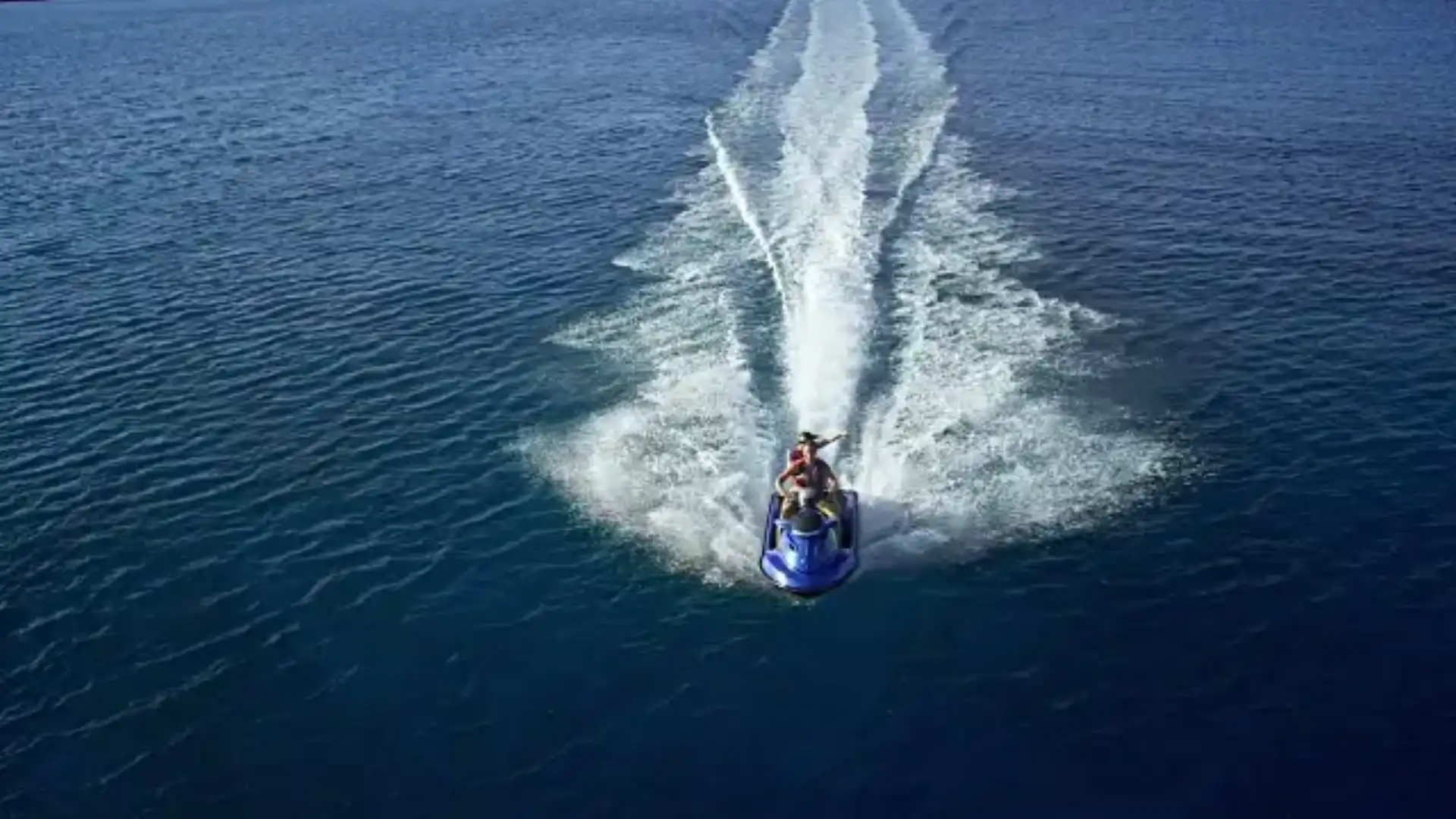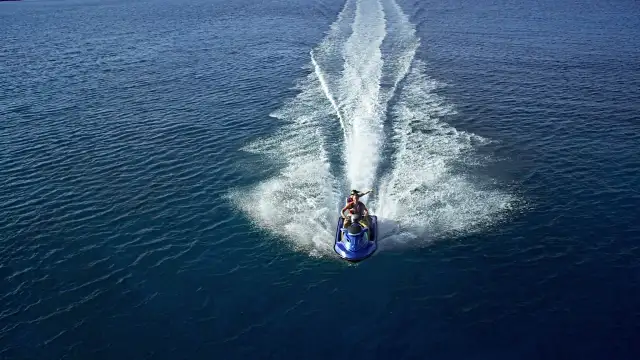
BOE publishes new regulation for recreational boats and water bikes
BOE publishes new regulation for recreational boats and water bikes
The Official State Gazette (BOE) has just published a new Decree to regulate recreational boats and water bikes. The Council of Ministers thus updates the security measures, but goes further and also regulates their technical and marketing conditions. The text, adopted at the BOE on 15 March 2016 (Royal Decree 98 / 2016), thus repeals the previous legislation dating from 1994, which in some way became obsolete. It is, in the end, a question of ordering an ever-expanding market.
Three are the pillars of this new regulation which puts into effect a European directive. Maritime safety, personal safety and environmental safety. Pillars that go through a number of obligations for both users and manufacturers and suppliers. Because, in short, we're all on the same boat.
The Government thus regulates the rules for the design, manufacture and construction of recreational vessels, semi-finished recreational vessels and nautical motorcycles and their components. It also makes a determined commitment to control exhaust and sound emissions in order to "safeguard the maritime safety of navigation, of human life at sea and the protection of the marine environment" in waters in which Spain exercises sovereignty, sovereign rights or jurisdiction.
Special attention is given to the new Royal Decree on environmental safety in both gases and sounds. Thus, the standard is focused on engine emissions and includes maximum noise charges. The regulations show that they are on the market as they are closely aware of the specifications of new fuels such as liquefied oil gas (LPG) and their use in this type of recreational craft.
Excluded
The new legislation concerns semi-finished recreational vessels and nautical motorcycles, but there are exceptions to be found. Thus, sports vessels, intended for race, including rowing, are outside these regulations. Gondolas and vessels are added to the list to pedals, sailing and surfing boards, original historical vessels or experimental vessels provided they are not placed on the European Union market.
The law winks at the hands. Ships built by interested parties for personal use shall not be affected provided that they are not subsequently placed on the Union market for a period of 5 years from the date of their entry into service. There are more exemptions from the list in the Official State Gazette. Submersible, batiscafes, hydroplaners, air-mattress vehicles, submarines, external combustion steam vessels using coal, coke, oil wood or gas as fuel and amphibian vessels and vehicles. Also specifically designed to be manned by professional personnel and to transport passengers for commercial purposes.
Market surveillance
The text does not want to go from the point of view of responsibility. On the other hand, it is a matter of market surveillance and defines as such "all activities to ensure that this legislation is complied with and those established by EU harmonisation legislation and that they do not pose a risk to health, safety or other aspects related to the protection of the public interest." The competent authority in this area is the Ministry of Development, Industry, Energy and Tourism, and Economic and Competitiveness.
The obligations are shared between manufacturers and importers. Thus, it is the duty of the former to draw up an instruction manual that must include the information necessary to maintain the recreational vessel and the exhaust system under conditions that do not exceed the sound limit values, among other requirements. It also regulates its marketing in accordance with the principles of market freedom throughout Spain. It becomes mandatory to specify in the case of semi-finished vessels that these must be completed by third parties.
Another difference is that it requires manufacturers to keep the technical documentation on any support and a copy of the declaration for 10 years from the date on which the product was manufactured. In addition, manufacturers or authorised representatives in Spain are required to test samples of the products if they consider that they may be at risk. If a problem is found, it must be notified to the competent authorities.
Distributors must ensure storage and transport conditions and have a record of non-compliant claims or products up to date.
The text also amends the model declaration of conformity to be issued by bodies notified under the CE marking, either by national construction or by import from other countries.
You know what?
Salvamento Marítimo makes every year more interventions of reascate of nautical motorcycles and recreational boats. Of the 3,991 interventions in 2015, 2,145 were recreational boats.
Text: Maria Cabrerizo / Salvamento Marítimo
Web: www.salvamentomaritimo.es
© 2024 Nautica Digital Europe - www.nauticadigital.eu












